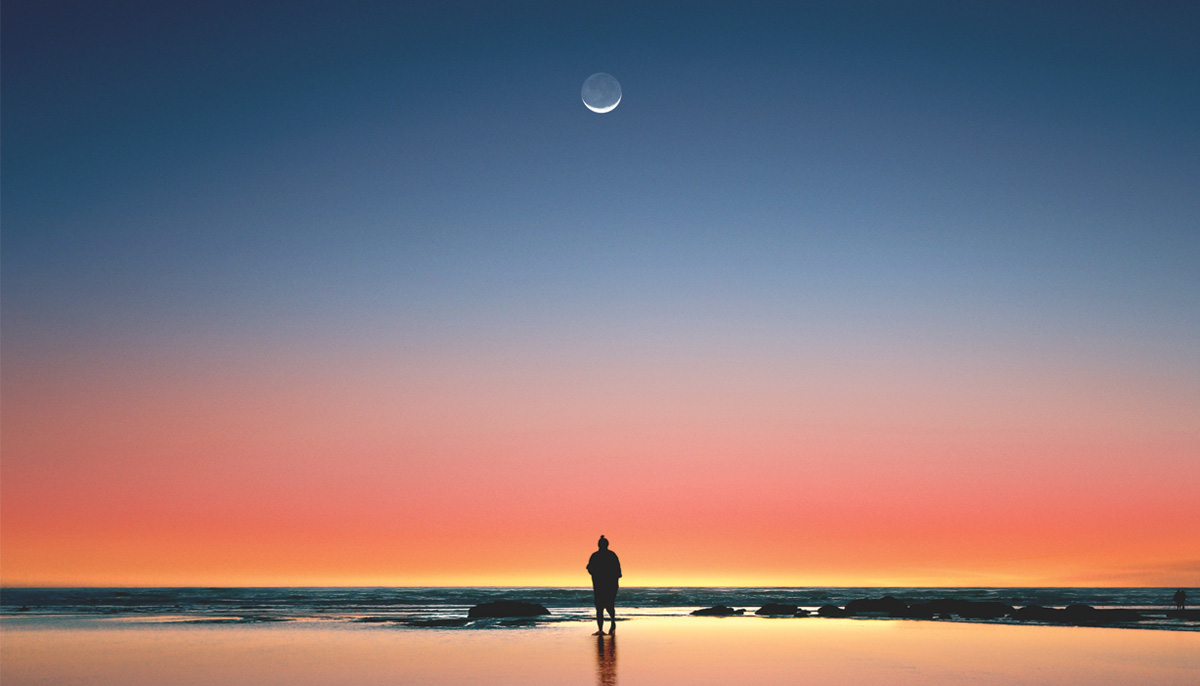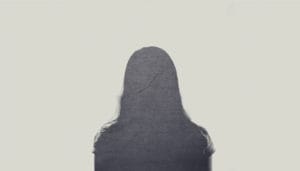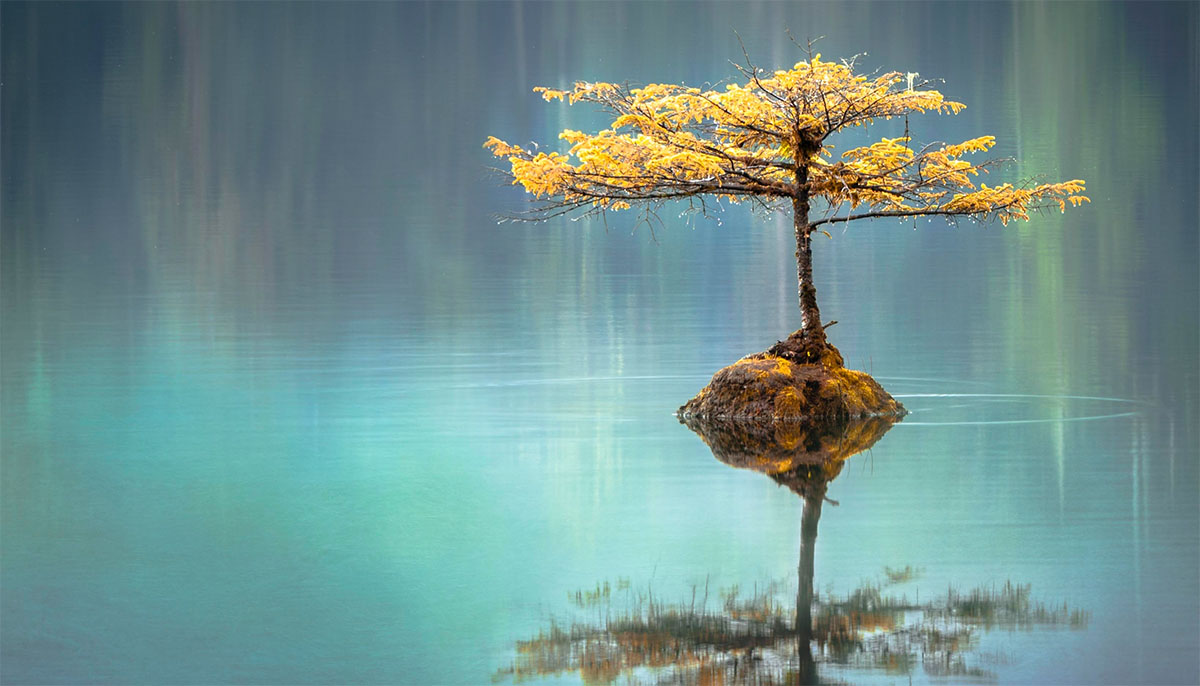The washing machine chugs to a stop, and the lack of white noise pries me away from my thoughts. I suddenly feel hemmed in by the enclosing quiet.
My partner is away for four months on an internship, and I’m holding down the fort. In the months leading up to her departure, I worried about the emptiness I expected to feel without her. I wanted to be supportive, but I was afraid the loneliness would sink me and I’d lash out at her for following her dreams.
She’ll be home in the spring, and four months is not that long. But thanks to a long trail of roommates, I’ve never lived by myself. More specifically, I’ve never been okay with being by myself. Now, I wake up each day alone.
I stand up, move the laundry to the dryer, and roll out my yoga mat. I am learning, as one day shifts into the next, that the fear of loneliness I have carried for so long is largely unfounded; in a way, I’ve always been alone — at least inside this body. My body, which flows from high to low plank, has always been an island in the world, identifying with larger land masses to avoid being forgotten and undocumented.
When we realize that the experience of loneliness is actually the perspective of ego, we can glimpse an unfabricated state of being that depends on no one, including oneself.
While we may feel like islands, we are connected in our isolation. There are 7.5 billion human beings out there, each of us tackling some version of aloneness. So, although I might get stuck in the unease of being alone, when I pause and look around I find little reason to feel lonely.
Our 19-year-old cat, Boo, and our fish, Bloop, share the apartment with me. I cook dinner for an old friend. I watch Jackie Chan movies with new friends. My workplace is filled with people. My parents are a phone call away, and so is my partner. The stranger at the bus stop scowls and I smile back. The barista gives me the wrong order and I discover a new drink. The yoga instructor adjusts my pose and I stretch deeper.
In the articles below, three writers talk about how they relate to feelings of loneliness and aloneness, and how we aren’t as alone as we may seem. As Susan Moon writes: “When we take a step, the whole world rises to meet the sole of our foot.”
I Thought I Was Alone

Susan Moon on how pharma, dharma, and sangha have helped her bring things together.
The interesting thing is that my circumstances haven’t changed in any substantial way since my depression, so I know that the suffering was in my mind. My job, home, and marital status (single) are still the same. I worry more than ever about the big world, where things have gone from bad to worse, where war and torture flourish. But drinking my first cup of Dragon Well green tea in the morning makes me happy. So does cooking corn muffins, or watching dark clouds pile up on top of each other across the bay, or hearing my housemate practice the accordion on the back porch. Loneliness, disappointment, and regret continue to visit me regularly. And loneliness is real. I don’t believe it’s a sign of weakness to feel lonely.
Six Kinds of Loneliness

To be without a reference point is the ultimate loneliness, says Pema Chödrön. It is also called enlightenment.
Usually we regard loneliness as an enemy. Heartache is not something we choose to invite in. It’s restless and pregnant and hot with the desire to escape and find something or someone to keep us company. When we can rest in the middle, we begin to have a nonthreatening relationship with loneliness, a relaxing and cooling loneliness that completely turns our usual fearful patterns upside down.

